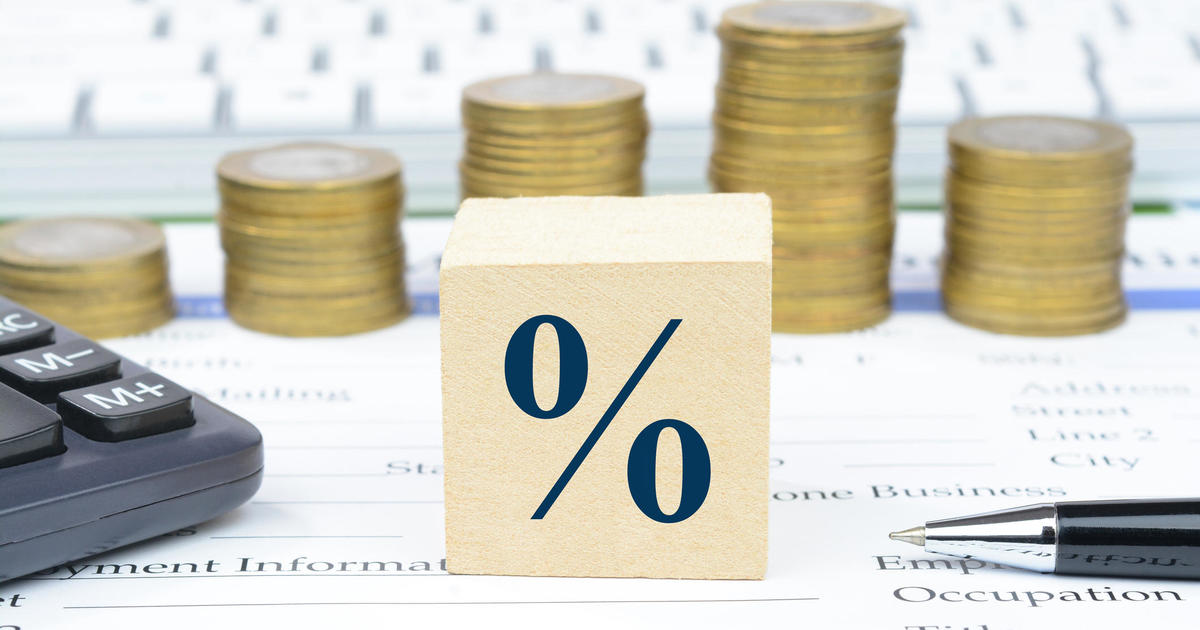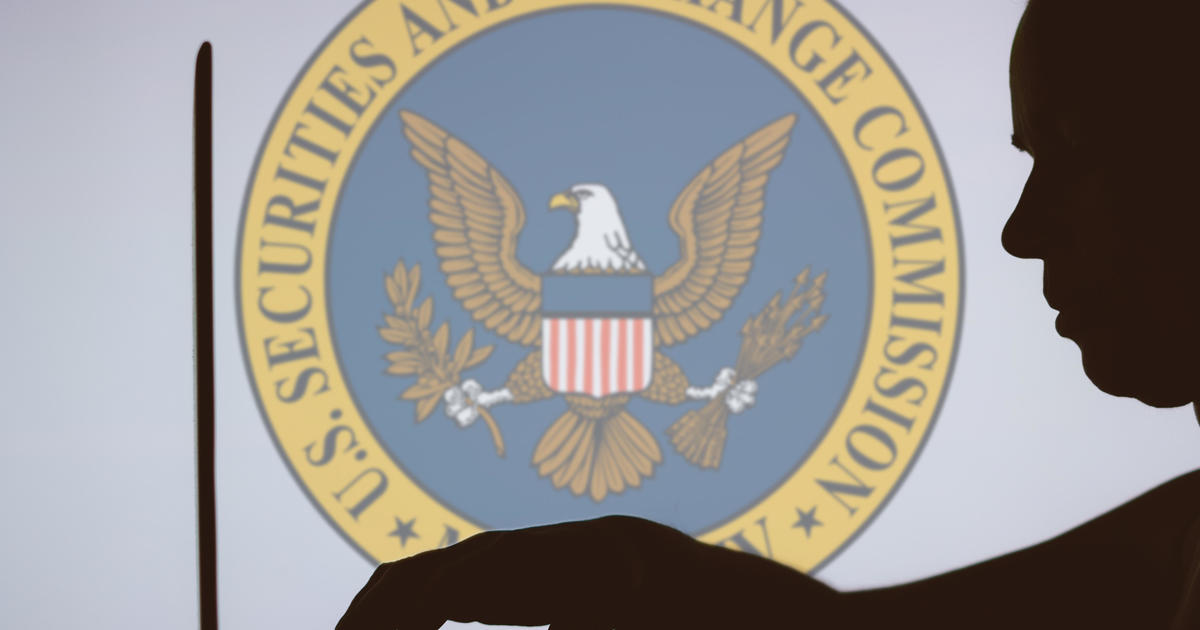5 issues lurking in the GOP's tax reform plan
The GOP is only days away from proposing what party leaders have suggested will be the boldest rewrite of the nation's tax laws in years -- and Americans remain in the dark about what to expect.
Republican officials and the Trump administration have kept tightly under wraps major elements of the plan, from the fate of deductions for mortgage interest and charitable gifts to the treatment of property, state and local taxes, and even to the tax rates that individuals and businesses would pay.
"The big question that has to be answered: Is this tax reform, or is this a tax cut?" said Roberton Williams, a fellow at the Tax Policy Center. "Reform means we change the system in a way that makes the system better." A tax cut, however, is "politically easier to do, but it gives away a lot of money," he said.
Senate leaders are set to reveal the details of the plan on Sept. 25, at which point bipartisan talks will likely start. The legislation could be passed as soon as this year, if the ambitious timeline the White House has proposed is met. More likely, according to analysts, is that the package would be worked out and get passed sometime during 2018.
Here are the main questions taxpayers and investors hope the plan will address.
- What are the top rates?
The president has maintained he wants to lower top rates across the board, with a top corporate tax rate of 15 percent. He recently reiterated that on Twitter, citing China's corporate tax rate:
In fact, China's top tax rate is 25 percent, according to PwC, but it is lower for businesses in industries Beijing wants to encourage. In the U.S., the president's own advisers maintain that a top rate that low would be hard to attain without a dramatic drop in government income.
"I don't know if we'll be able to achieve that given the budget issues," Treasury Secretary Steven Mnuchin said at a conference this week. "But we're going to get this down to a very competitive level."
Sen. Orrin Hatch, R-Utah, who chairs the Senate Finance Committee, agreed. "I sincerely doubt that we'll be able to get to that level on the corporate tax rates," he said on Friday. House Speaker Paul Ryan has indicated a rate in the "mid- to low20s."
The Tax Policy Center estimated that if every business tax deduction were done away with, the top corporate tax rate could go down to 26 percent. The current top rate is 35 percent, but most businesses pay far less, thanks to deductions and other preferential treatment.
2. Whose taxes will drop the most?
Wealthy individuals, too, benefit from deductions -- money spent that can be counted against their income, lowering the total amount they must pay taxes on. The president recently said that tax reform wouldn't result in a tax cut for the wealthy, contradicting the math on the tax outline the White House put forth in April, as well as the GOP's own stated goals.
"The wealthy will be pretty much where they are," Mr. Trump said, adding, "If they have to go higher, they'll go higher, frankly."
While this is mathematically possible in theory, experts agree it would be very, very difficult.
"If you lower the rate by 0.001 percent and get rid of a big deduction, it's almost tautologically possible," said Scott Greenberg, a senior analyst with the Center for Federal Tax Policy at the Tax Foundation. "The question is whether there's the political will to do so."
Indeed, the math breaks down when tested against the tax rates that are actually proposed.
"It's almost inconceivable" for a high-income person to pay more in taxes under the GOP plan, said Dean Baker, co-director of the Center for Economic and Policy Research.
He gave the example of a person with taxable income of $10 million a year (that's about 5 percent of all U.S. tax returns filed in one year, according to IRS data). That income bracket is currently taxed at 39.6 percent; one GOP proposal lowers that to 35 percent.
If that $10 million-a-year earner has an $800,000 mortgage at current interest rates, he pays $32,000 in interest every year, and by deducting that interest from their income, saves $12,000 in taxes. But if the person were taxed at a top rate of 35 percent and was no longer able to deduct mortgage interest, he would pay $400,000 less every year than now.
3. People vs. companies
The last time the tax code was reworked -- in 1986 -- rates for most individual taxpayers went down. They rose for many corporations. This time, Congress has committed to making both sides revenue-neutral, meaning neither corporate nor individual tax reform should have an effect on the federal deficit.
But over the last 30 years, the division between people and companies has blurred, and today about 80 percent of businesses don't pay tax at the corporate tax rate. Instead, the people running these businesses, known as "pass-through" corporations, pay tax on this income at a lower individual rate.
For this reason, it's important that Congress try to reform both sides of the tax code at roughly the same time, say experts.
"Aligning the two is mildly important," said the Tax Policy Center's Williams. "The issue is, one set of businesses is taxed at the corporate tax rate, another set at the individual rate. If you have one undercutting the other, you will have this shift happen."
Williams traces this shift back to the 1980s' tax reforms, which gave service businesses -- such as law firms, accounting firms and others -- incentives to change their compensation structure from wages and salaries to profits. "If we create this new rate schedule for pass-through business profits, I would have every incentive for a law firm to pay me less in wages and more in profits," said Greenberg of the Center for Federal Tax Policy at the Tax Foundation.
4. Will hedge funders pay as much as other workers?
Treasury Secretary Mnuchin implied this week that a loophole taxing some types of income at a lower rate would be going away under the White House plan.
"The president has been very clear that for hedge funds, they will not have the benefit of carried interest," the Treasury Secretary said at a financial conference on Tuesday.
Most people running hedge funds pay a lower tax rate on their income -- around 24 percent -- than the top statutory rate of 39 percent. That's because hedge fund income is considered a share of the company profits rather than salary or wage income.
But while the preferential treatment of wealthy folks' income has been a hot topic politically, it's a relatively small portion of the overall tax code. Eliminating carried interest would bring in about $20 billion over the next decade -- a fraction of the $4.1 trillion the federal government collects in taxes each year.
"Carried interest is a little bit of a drop in the bucket," said the Tax Foundation's Greenberg.
5. Will it be retroactive?
Mnuchin maintains that making tax cuts retroactive to Jan. 1, 2017, "is still something we are considering, and it would be a big boon for the economy." There's little evidence for that economic boost, however.
"The argument for tax cuts for business is you encourage them to invest more, encourage them to bring money home from abroad," said Williams. "Making it retroactive just says, 'we're going to give you money.' It doesn't change your behavior, because you've already done it."
Lawmakers have been circumspect on the question of how expensive a tax cut they'll permit. Some former deficit hawks -- like House Speaker Ryan and former Congressman Mick Mulvaney, who now heads the Office of Management and Budget -- have backed off from demanding that the cuts not lose money. For some analysts, that waffling raises the question of whether tax reform is possible at all.
For Goldman Sachs (GS), this creates a "chicken and egg" problem. "In order to advance tax reform, they must first settle on a revenue goal. But settling on a revenue goal is hard without knowing what policies are politically achievable, which will only become clear once tax reform begins to advance," analysts wrote in a note.
They put the likelihood that Congress will pass an economically meaningful tax reform package at 40 percent. That means there's a higher probability it won't happen than that it will.
The question of what's politically feasible is one reason that economically inefficient tax preferences -- like the mortgage interest deduction and the preferential treatment of carried interest -- remain in the tax code.
"The entire idea of getting rid of special interest provisions and using the revenue to cut rates across the board is a great idea when you hear it," said Greenberg. "But then there's a chorus of 'What about us? Isn't our provision special?'"
"The real test for this effort," he said, "is whether lawmakers will be able to keep their eyes on the bigger picture of simplification, efficiency and equity."



